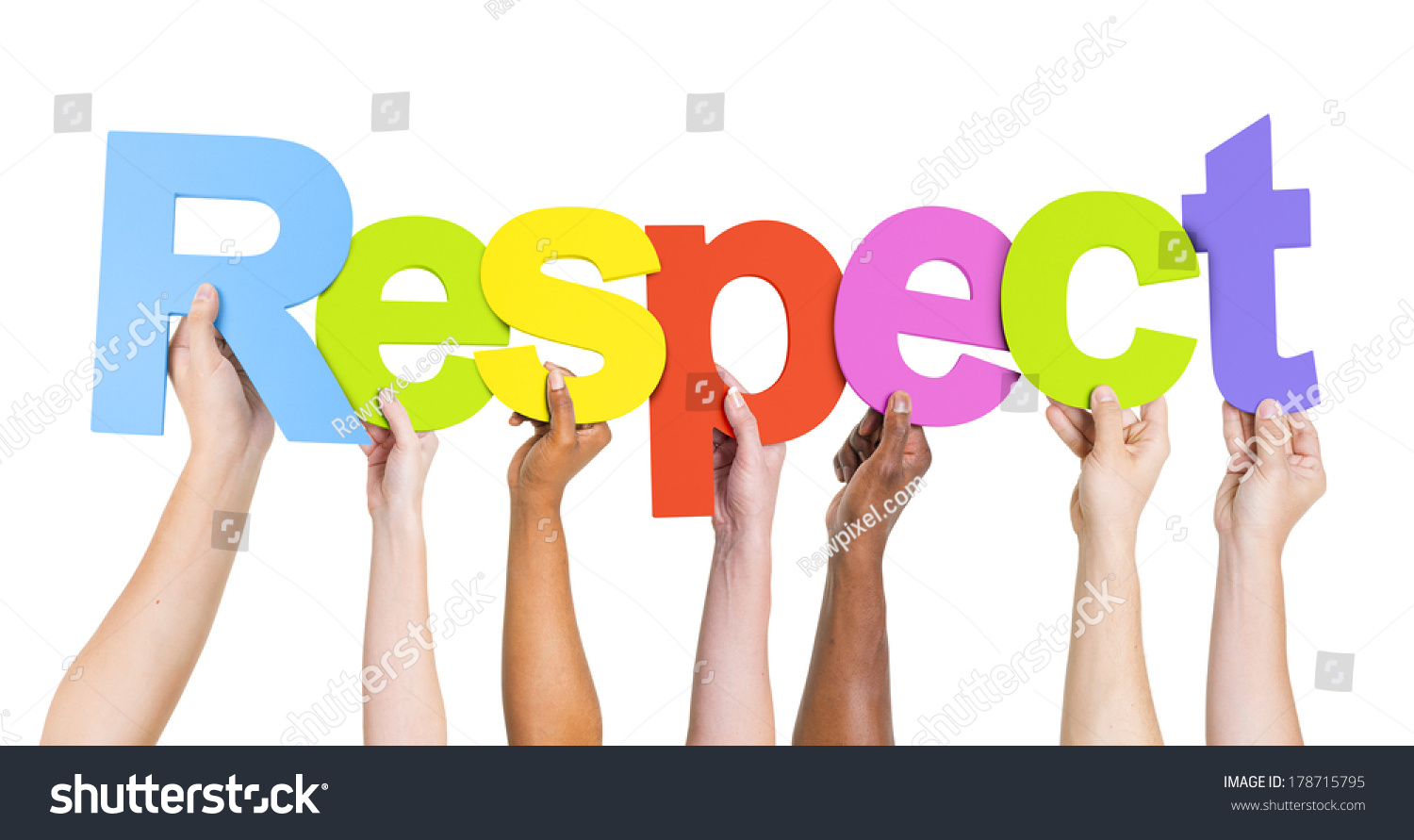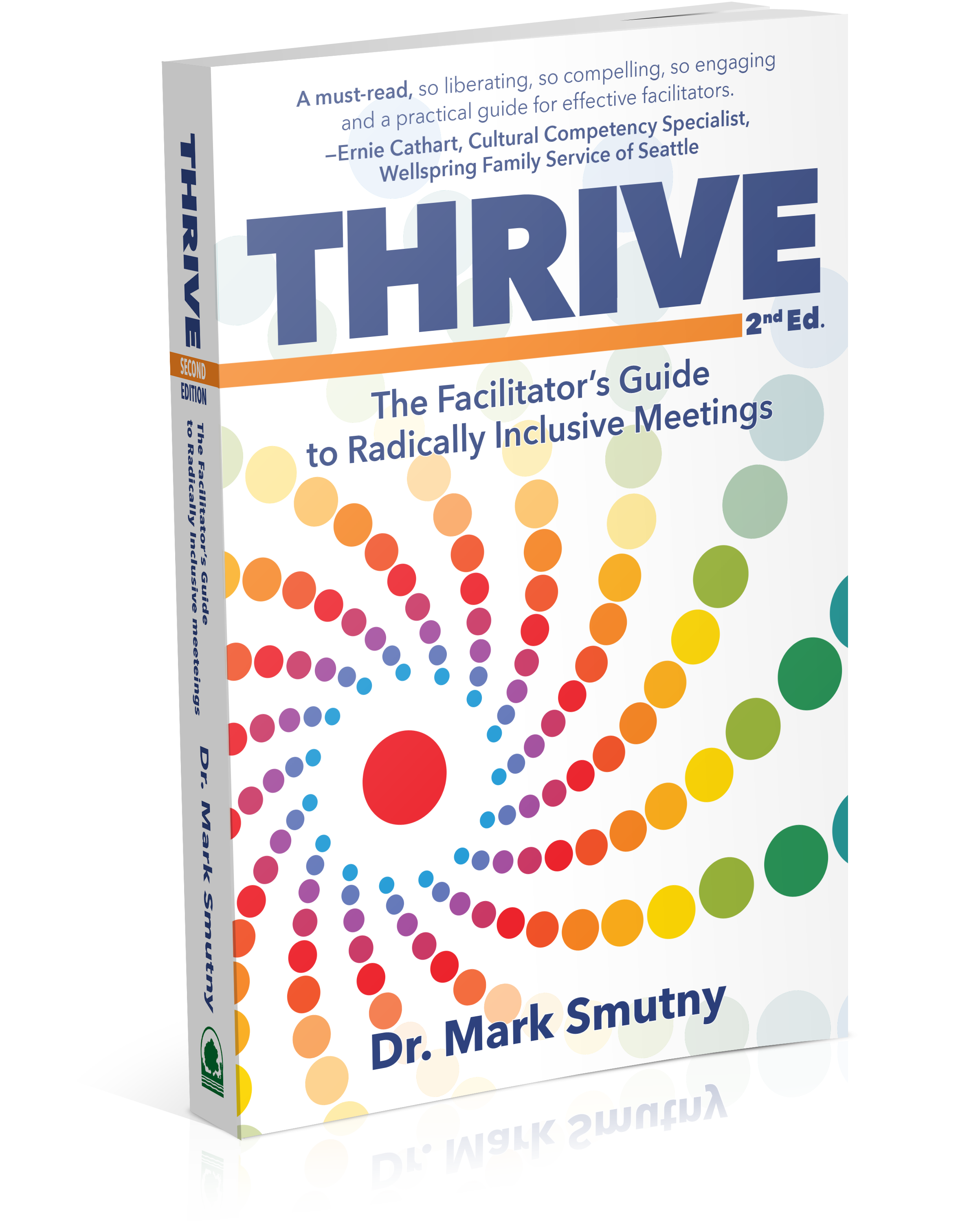 RESPECT: Rules for the Road of Effective Communication
RESPECT: Rules for the Road of Effective Communication
RESPECTFUL Communication Guidelines serve as a foundation for facilitating effective communication within diverse and sometimes conflicted groups. Diversity encompasses various aspects, extending beyond just race, ethnicity, gender, and sexual identity. It also includes differences in education, geographical background, life experience, privilege, marital status, and numerous other factors. Additionally, there are subtle, often unconscious distinctions such as attitudes toward leadership, conflict resolution, time management, and who is authorized to speak and who is not.
Comparable to the rules of the road that one must comprehend before obtaining a driver’s license, RESPECTFUL Communication Guidelines provide a framework for navigating interpersonal interactions. While we don’t undergo a formal examination, it’s crucial to be reminded of how to engage respectfully. Without such guidance, societal conditioning may lead us to react to differences with unconscious biases and unexamined stereotypes.
These guidelines function as a set of traffic regulations guiding our collective journey towards fostering a safe, respectful, and nurturing community.
RESPECT – Easy to Remember
Crafted as an acronym, RESPECT, these guidelines are designed for easy recall:
R: Take RESPONSIBILITY for what you say and feel without resorting to blame.
E: Employ EMPATHETIC listening.
S: Be SENSITIVE to differences in communication styles.
P: PONDER before speaking.
E: EXAMINE your own assumptions and perceptions.
C: Uphold CONFIDENTIALITY.
T: Trust in the value of diversity in revealing greater truths.
A Deeper Dive
Let’s delve deeper into each guideline:
Responsibility (R)
Express yourself using “I” statements, such as “I think,” “I feel,” or “I believe.” By doing so, you acknowledge your own experiences and respect your thoughts and feelings. Avoid blaming others or making judgmental statements, as this can lead to defensiveness and hinder effective communication.
Empathetic Listening (E)
Listen not only to the words being spoken but also to the emotions and perspectives behind them. While it’s impossible to fully inhabit someone else’s experience, strive to understand their worldview. Be patient and open to asking questions for clarification, recognizing that everyone has unique backgrounds and experiences.
Be Sensitive to Different Communication Styles (S)
Recognize and respect diverse communication styles. Silence, for example, can have various interpretations, ranging from agreement to disagreement or simply contemplation. Avoid making assumptions based on your own communication style and instead seek clarification through dialogue.
Ponder Before Speaking (P)
Take a moment to reflect on your thoughts and feelings before expressing them. This pause allows for greater authenticity and consideration in your communication.
Examine Assumptions (E)
Regularly question your own assumptions and perceptions. Consider the underlying reasons for your thoughts and feelings, and be willing to explore personal experiences that may influence them. By doing so, you take ownership of your emotions and contribute to more meaningful interactions.
Keep Confidentiality (C)
Respect the confidentiality of information shared within the group. Upholding confidentiality fosters trust and safety within the community.
Trust in Diversity (T)
Recognize the value of diversity in bringing forth a range of perspectives and insights. Trust that embracing different approaches and life experience leads to a deeper understanding and uncovering of greater truths.
By adhering to these RESPECTFUL Communication Guidelines, we create an environment conducive to constructive dialogue, mutual understanding, and collective growth. When consistently applied, RESPECTFUL Communication Guidelines have the power to transform organizational culture, fostering greater respect and effectiveness.
 For More Ideas and Resources
For More Ideas and Resources
For help with your organization’s challenges and an array of innovative solutions, check out my website at https://civicreinventions.com. Then email me at mark.smutny@civicreinventions.com or give me a call at 425.405.5615. I will respond personally to every inquiry.
Dr. Mark Smutny is a nonprofit consultant specializing in conflict resolution services. He teaches, writes and consults on ways for nonprofits to turn unproductive conflict to mission success. He is the award-winning author of the book Thrive: The Facilitator’s Guide to Radically Inclusive Meetings, 2nd. Ed.

